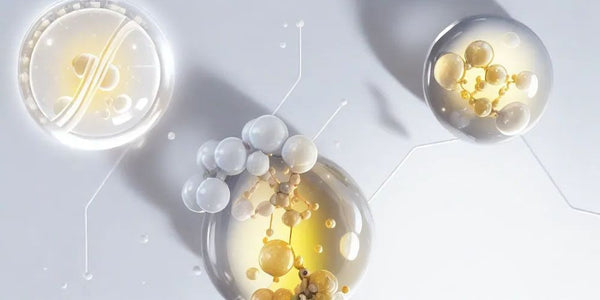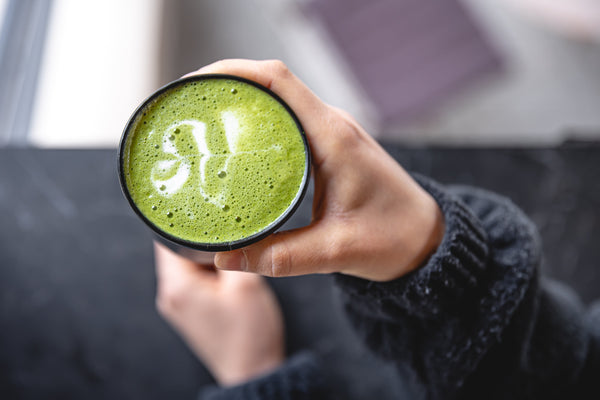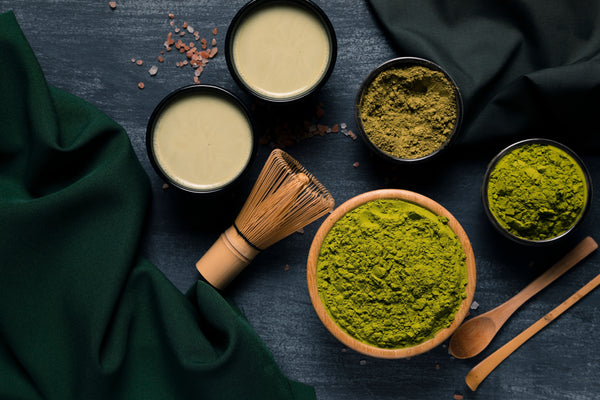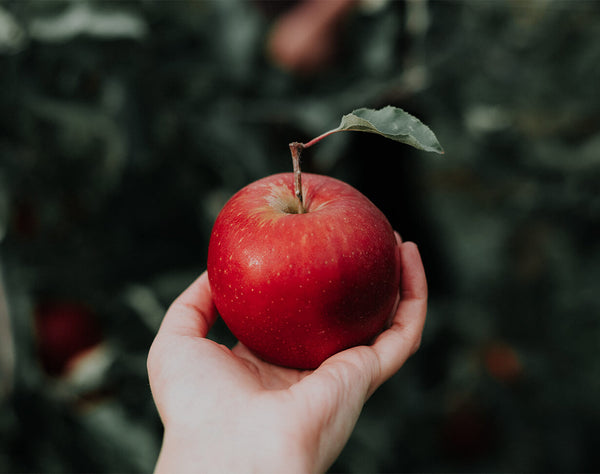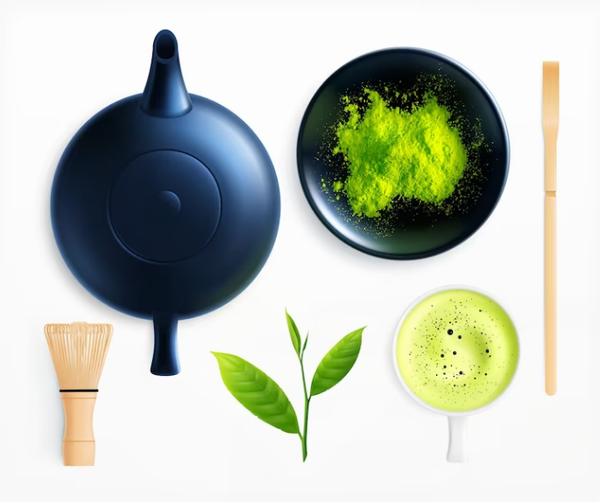There are various reasons why cleaning your colon may become important, sometimes through natural means, other times with the help of a professional. A colon cleanse involves cleaning or flushing of your large intestines and in this article we take a look at it in detail.
What is a Colon Cleanse?
Colon cleansing helps clean your colon of any toxic waste stuck on or inside the walls of your large intestine. It is a practise that has been prevalent since ancient times in Greece, after which the US made it popular in the 1900s - however, both research and practice fell short in favor of it and the process of colon cleansing kind of died down.
Having said that, colon cleansing has resurfaced recently, with the use of various enzymes, teas, and colon irrigation. Colon cleansing or colonic irrigation involves the removal of waste from your intestines by flushing them with fluids. This process is performed by a professional, called a colonic hygienist while you lie down on a table. It involves flushing your rectum with around 60 litres of fluid through a tube - after which the toxins are expelled out of your body through a different tube. The whole process is repeated a few times till the intestine completely clears up. But this is not the only way you can achieve the target of cleaning your colon, as there are many other natural ways available out there.
Colon Cleansing: Benefits
While research does not provide much evidence into the health benefits of colon cleansing, the practitioners do vouch for the efficacy of it. They say it is helpful for various reasons, such as the following:
- Weight loss
- Improved digestion
- Boosted energy
- Improved stomach function in those with IBS
Having said that, it is very important to consult a medical practitioner before taking up any such thing. Utmost caution is advised.
Natural ways to clean your colon
There are many natural ways in which you can clean your colon. Let’s take a look at how to clean your colon below!
Water Flush
Drinking plenty of water is never a bad idea, infact, it is probably the best thing you can do for yourself. Staying hydrated helps you regulate digestion - and for colon cleansing, practitioners suggest drinking six to eight glasses of lukewarm water everyday. You should also add foods with a high water content in your diet - these are foods that clean colon - such as - watermelons, celery, tomatoes and more.

High-fiber Diet
Fiber is an essential macronutrient for your gut microbiota. It is found in fruits, vegetables, grains, seeds and more. Fiber in your diet helps bulk up your stool and eliminates the risk of constipation or diarrhea. It also helps increase the good bacteria in your gut.
Juices
Juices are also known to help in colon cleansing. They help in adding fiber to your gut and thereby improve digestion and keep up your body’s hydration levels. Vitamin C in fruits may also help clean your colon. Some popular fruit juices for cleanses include lemon juice, vegetable juices, and apple juice among others. In addition to improving your gut health, juices also help clear up your skin.

Saltwater Flush
A salt water flush can help with constipation and irregularity in your bowel movements. When paired with yoga, a salt water flush can help clean your colon. It is suggested to have 2 teaspoons of Sea salt or Himalayan salt in lukewarm water and before eating anything in the morning to reap its benefits. You can follow the same ritual in the evening, just make sure you’re at home after drinking this concoction as you may have to make multiple visits to the loo.

Probiotics
Adding probiotics to your diet is one of the other ways to boost your colon and digestive health. You can either take supplements or add probiotic foods to your diet for beneficial effects. There are various probiotic foods out there, such as kimchi, pickles, yogurt and more.
Probiotics promote the growth of good bacteria in your gut and thereby promote regular bowel movement and good colon health.

Herbal teas
Herbal teas are known to have benefits for digestive health. Herbs like aloe vera, psyllium, and slippery elm help with constipation, thanks to their laxative properties. Other herbs like ginger, cayenne pepper, and garlic are also known to have antimicrobial effects on your body and thereby suppress the growth of bad bacteria. You can add these herbs in warm water and have it two-three times a day in order to reap their benefits.
Having discussed the different ways to clean your colon, you need to understand that they may open you up to certain side effects like nausea, tiredness and more. The side effects can sometimes be more serious and may push you to go to the doctor, which is why it is very important to consult with a certified medical practitioner before you add or implement any of these colon cleanses for your body.
References:
- Acosta RD, Cash BD. Clinical effects of colonic cleansing for general health promotion: a systematic review. Am J Gastroenterol. 2009 Nov;104(11):2830-6; quiz 2837. doi: 10.1038/ajg.2009.494. Epub 2009 Sep 1. Erratum in: Am J Gastroenterol. 2010 May;105(5):1214. PMID: 19724266. (https://pubmed.ncbi.nlm.nih.gov/19724266/)
- “Detoxes” and “Cleanses”: What You Need To Know, National Center for Complementary and Integrative Health, (https://www.nccih.nih.gov/health/detoxes-and-cleanses-what-you-need-to-know)
- Yeates KE, Singer M, Morton AR. Salt and water: a simple approach to hyponatremia [published correction appears in CMAJ. 2004 Mar 16;170(6):931]. CMAJ. 2004;170(3):365-369, (https://www.ncbi.nlm.nih.gov/pmc/articles/PMC331389/)
- Probiotics: What You Need To Know, National Centre for Complementary and Integrative Health, (https://www.nccih.nih.gov/health/probiotics-what-you-need-to-know)
- Ask a Doc: Are Colon Cleanses Healthy? (https://www.cedars-sinai.org/blog/colon-cleansing.html)














